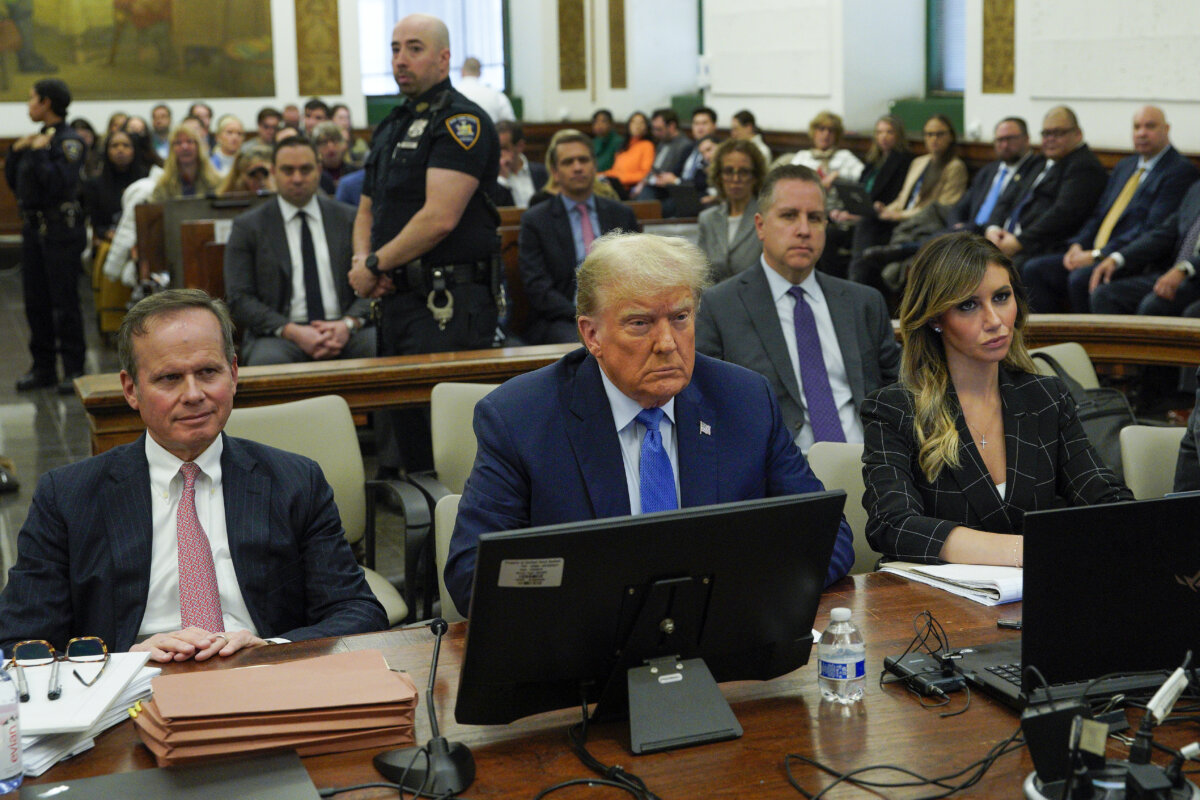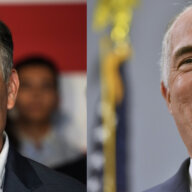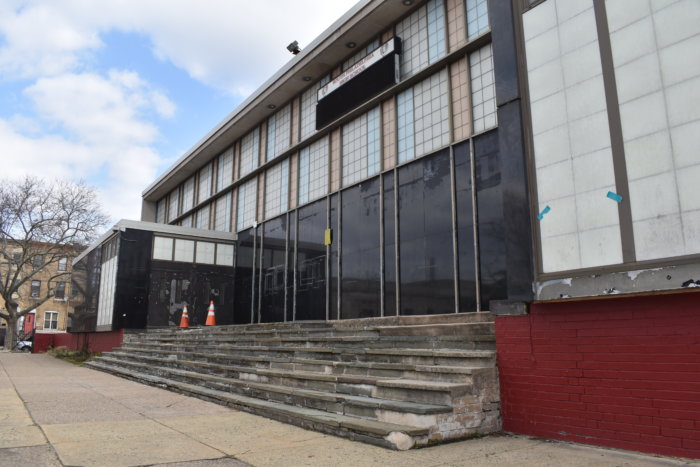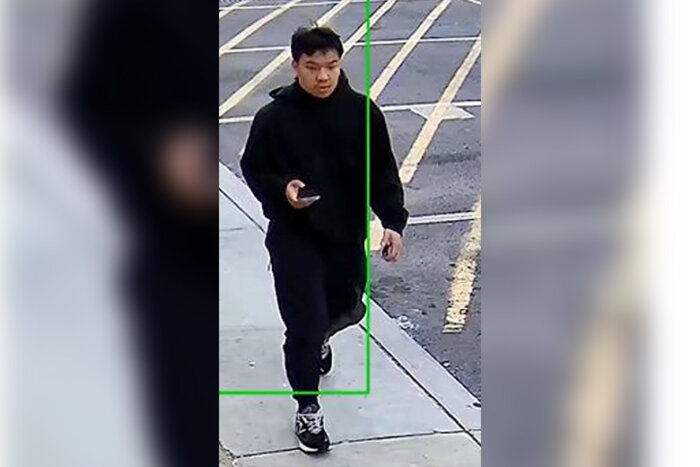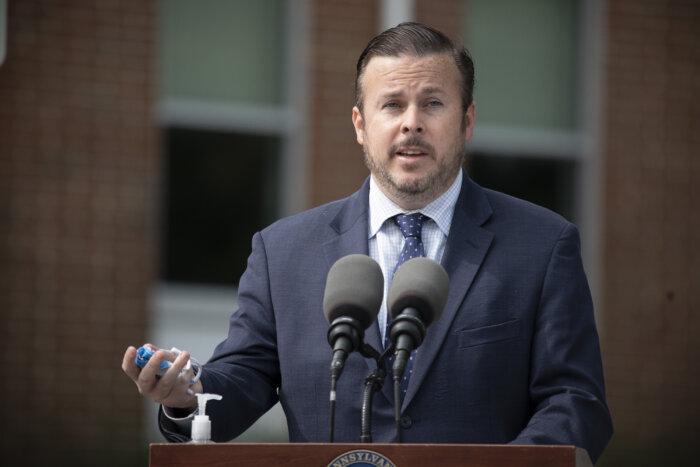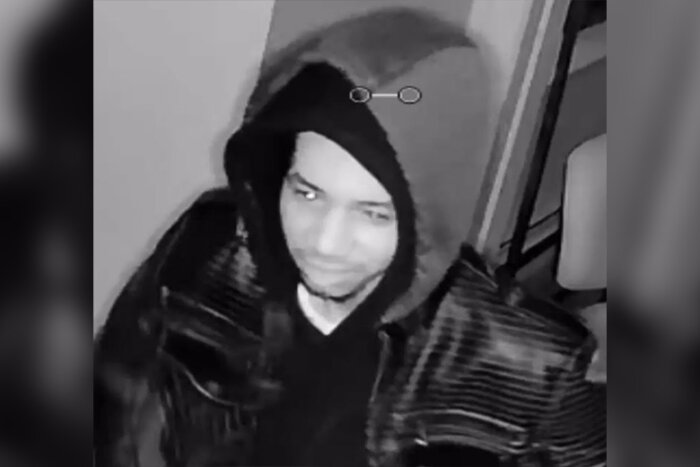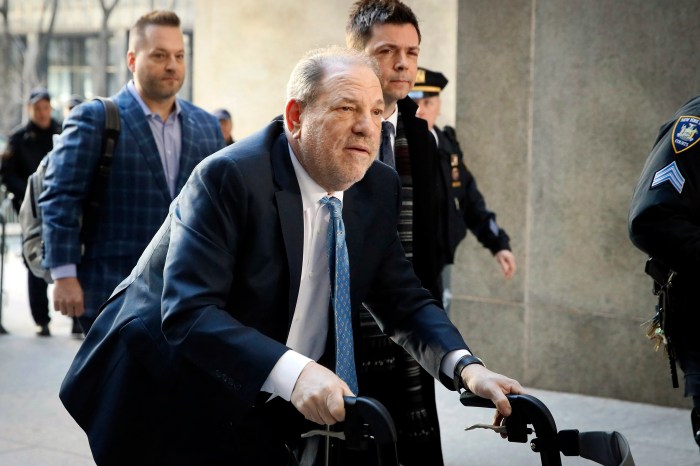By JILL COLVIN and MICHAEL R. SISAK Associated Press
The judge presiding over the civil fraud trial of Donald Trump admonished him to keep his answers concise, reminding him and the courtroom that “this is not a political rally” as the former president and leading Republican president candidate began testifying in a lawsuit accusing him of dramatically inflating his net worth.
“We don’t have time to waste. We have one day to do this,” an exasperated Supreme Court Judge Arthur Engeron said at one point. At another, he said, “In addition to the answers being non-responsive, they’re repetitive.”
Trump’s turn on the witness stand, in a case that cuts to the heart of the business brand he spent decades crafting, represents a remarkable convergence of his legal troubles and his political ventures at a time when he also faces criminal indictments while vying to reclaim the White House in 2024.
The testimony gives him the opportunity to try to use the witness stand as a campaign platform, but its under-oath format, before a judge who has already fined him for incendiary comments outside of court, also invites clear peril for a businessman and candidate famous for a freewheeling rhetorical style.
Tensions between Engeron and Trump, already on display last month when the judge fined him $10,000 for incendiary outside-of-court comments, were evident Monday when the ex-president was repeatedly scolded about the length and content of his answers.
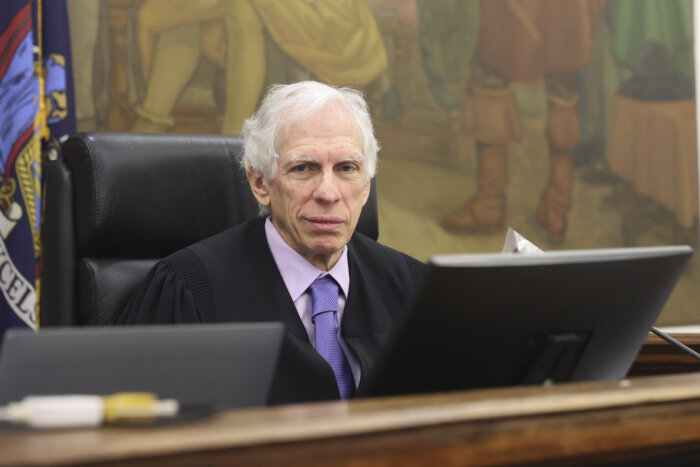
“Mr. Kise, can you control your client? This is not a political rally. This is a courtroom,” Engeron told Trump lawyer Christopher Kise, who himself has clashed with the judge.
The judge later added: “I do not want to hear everything this witness has to say. He has a lot to say that has nothing to do with the case or the questions.”
Trump walked slowly to the witness stand, tugging at his suit coat as he settled in for hours of questions in a lawsuit by the New York state attorney general that accuses him and his company of inflating his property values and deceiving banks and insurers in the pursuit of business deals and loans.
Echoing the stance taken by two of his sons, Donald Trump Jr. and Eric, in their own testimony last month, Trump sought to downplay his direct involvement in preparing and assessing the financial statements that the attorney general claims were grossly inflated and fraudulent.
“All I did was authorize and tell people to give whatever is necessary for the accountants to do the statements,” he said. As for the results, “I would look at them, I would see them, and maybe on some occasions, I would have some suggestions.”
He also downplayed the significance of the statements, which went to banks and others to secure financing and deals. As he has in the lead-up to testifying, Trump downplayed the statements’ significance, pointing to a disclaimer that he says amounted to telling recipients to do their own calculating.
“Banks didn’t find them very relevant, and they had a disclaimer clause — you would call it a worthless statement clause,” he said, insisting that after decades in real estate, “I probably know banks as well as anybody … I know what they look at. They look at the deal, they look at the location.
Trump complained in court that his 2014 financial statements shouldn’t be a subject of the lawsuit at all.
“First of all it’s so long ago, it’s well beyond the statute of limitations,” Trump said before turning on the judge, saying he allowed state lawyers to pursue claims involving such years-old documents “because he always rules against me.”
Engoron said: “You can attack me in whichever way you want but please answer the questions.”
The courtroom at 60 Centre St. has already become a familiar destination for Trump. He has spent hours over the last month voluntarily seated at the defense table, observing the proceedings. Trump once took the stand — unexpectedly and briefly — after he was accused of violating a partial gag order. Trump denied violating the rules, but Judge Engoron disagreed and fined him anyway.
Before Monday, Trump’s speaking has happened outside the courtroom, where he has taken full advantage of the bank of assembled media to voice his outrage and spin the days’ proceedings in the most favorable way.
Unlike most Americans, Trump has ample experience fielding questions from lawyers and has a long history of depositions and courtroom testimony that offer insight into how he might respond. But Cohen, who worked for Trump for more than a decade, said nothing in Trump’s past has come close to what he’s facing now since they were largely civil matters “where even though the dollar amounts were in the millions of dollars, they were never of any real consequence to him or obviously to his freedom.”
“Right now this New York attorney general case is a threat to the extinction of his eponymous company as well as his financial future,” he said. Trump’s forthcoming criminal cases — accusing him of misclassifying hush money payments, illegally trying to overturn the result of the 2020 election and hoarding documents at his Mar-a-Lago club “have far more significant consequences, most specifically the termination of his freedom.”
Associated Press writer Eric Tucker in Washington and Jennifer Peltz in New York contributed to this report.



